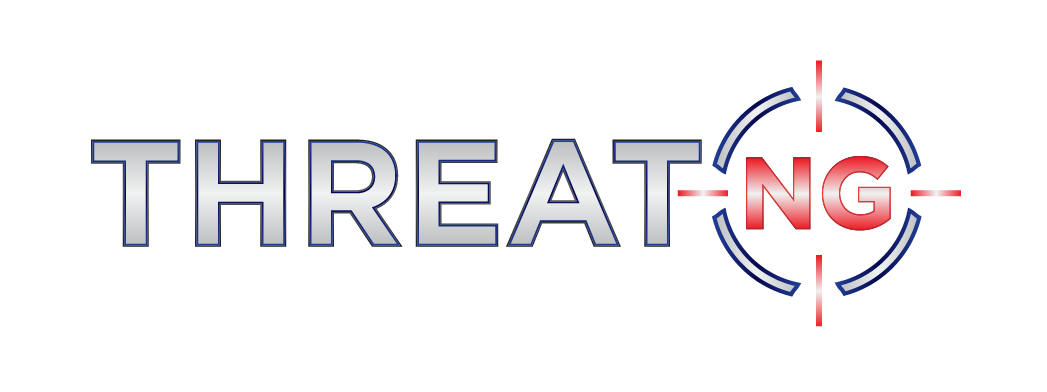Security Score
In the context of security and cybersecurity, a security score is a numerical or qualitative representation that assesses the overall security posture of an organization, system, application, or network. It serves as a measure of how well these entities are protected against cyber threats and vulnerabilities. Security scores are typically calculated based on various factors, including security controls, the state of security patches, adherence to best practices, and the organization's ability to withstand or respond to security incidents. These scores provide stakeholders with a concise and easily understandable way to gauge the level of security and make informed decisions about risk management and cybersecurity investments. A lower security score denotes potential vulnerabilities and security weaknesses that require attention, whereas a higher score implies a more robust security posture. Security ratings are invaluable for risk assessment, compliance reporting, and ongoing security improvement initiatives.
An integrated solution like ThreatNG, combining External Attack Surface Management (EASM), Digital Risk Protection (DRP), and Security Ratings, is pivotal in enhancing an organization's Security Score. Identifying, monitoring, and mitigating potential vulnerabilities and digital risks provides the critical data for a comprehensive security assessment. This holistic approach empowers organizations to strengthen their security posture proactively, adhere to best practices, and systematically address potential weaknesses, ultimately contributing to a higher Security Score that reflects a robust cybersecurity posture and informs stakeholders and decision-makers about the organization's commitment to adequate security measures.

